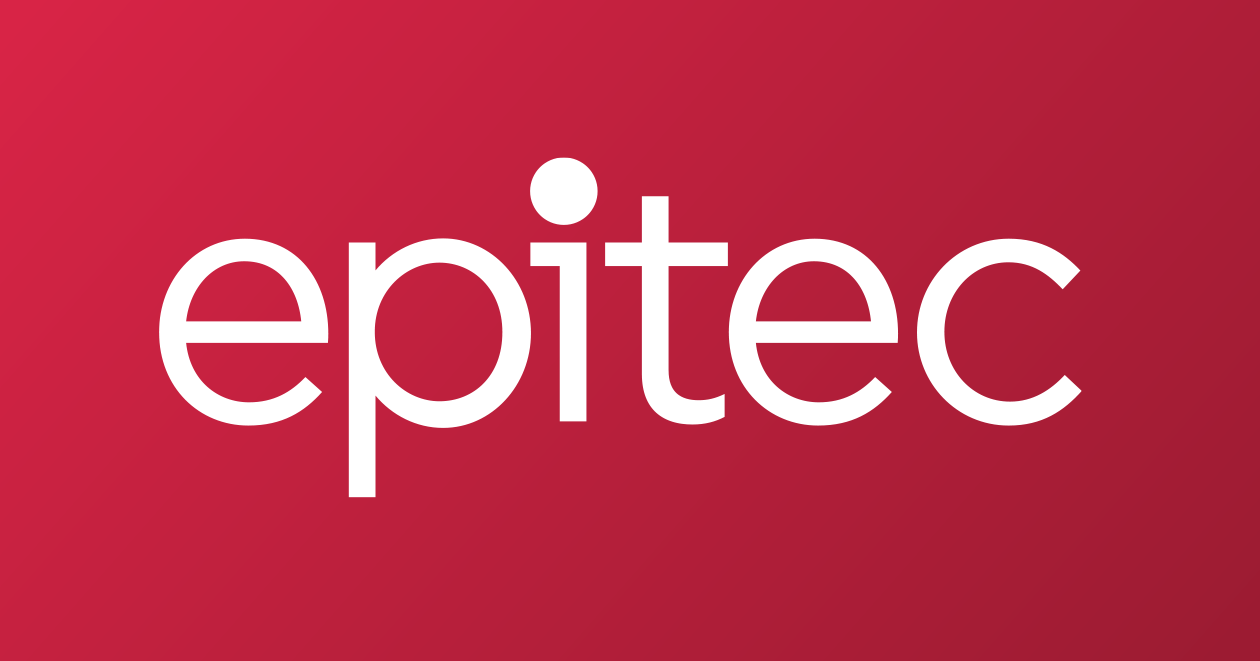The design and content of a resume varies with each industry, and it’s no different in IT. Here are a few tips on how to highlight your technical skills to grab the attention of a recruiter or hiring manager, and land that interview.
When it comes to listing technical skills on a resume, job seekers often think the more the better. While you want to be sure not to miss anything important, be careful in listing every technology under the sun if you only have slight familiarity with it. Listing too much can often be distracting as well as difficult for the recruiter or hiring manager to distinguish where your technical expertise lies, or what type of position you are targeting. Don’t exaggerate; only include the programming languages, operating systems, software, and tools in which you have on the job experience or possess deep knowledge. Include these skills in list format at the beginning of your resume to give a brief summary.
Keep it relevant. Remove any outdated skills or those that have no relevancy to the type of position you are seeking. Hiring managers, and in some cases applicant tracking systems, scan the resume quickly for keywords that fit the job description.
The technical skills section is a good start, but you’ll need to back up that list with some specific bullet points in the work history section detailing how you’ve used the technology in a particular project. This gives insight into your level of experience with those technologies. Be specific. Don’t leave the hiring manager guessing or they may just move on to the next resume.
Quantify where you can. How many users did you support, how many servers in the environment, what was the budget for a project you managed, how did you save the company time or money by improving a process, etc. How often did you perform a specific task – daily, weekly, monthly? Providing numbers, frequency, and scale gives a clearer picture of your role and the impact you made.
Certifications, especially in the IT field, can really put you one step ahead of other job applicants. List the certifications that you have earned including the name of the certifying agency, and the date when you obtained the certification. Indicate whether the certification is active or expired. Include only the certifications that are relevant to the job you are applying for.
A key thing to keep in mind as you write your resume: all content on a resume is fair game during an interview, so make sure you are able to speak to it. If not, it’s best to leave it off; otherwise, you may find yourself stumbling over your words and in an awkward interview situation.

